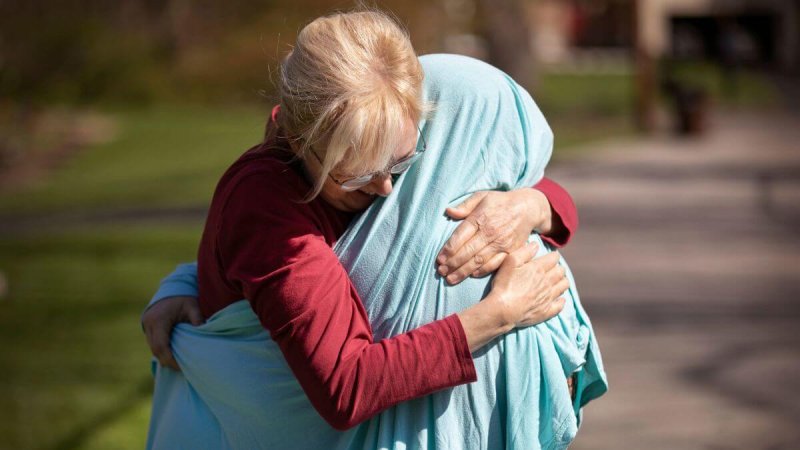Once a week, Alice, who lives alone, walks to the end of her garden to meet her best friend Lucy. There, with the furtiveness of a street drug deal, Lucy hugs her tightly. Alice struggles to let her go.
…
Alice is experiencing the neurological phenomenon of “skin hunger,” supercharged by the coronavirus pandemic. Skin hunger is the biological need for human touch. It’s why babies in neonatal intensive care units are placed on their parent’s naked chests. It’s the reason prisoners in solitary confinement often report craving human contact as ferociously as they desire their liberty.
…
With social distancing protocols in place in countries across the world, those who live alone find themselves enduring months without human touch. This is a particularly cruel irony, given that skin hunger actually weakens our immune systems—making us potentially more susceptible to coronavirus. “I’m very concerned,” says [the Touch Research Institute’s Tiffany] Field, “because this is actually the time we need human touch the most.” She explains that touch is instrumental in immune function because it reduces our cortisol levels. When cortisol levels are high, our immune system is depleted: Cortisol kills natural killer cells, a type of white blood cell that attacks viruses for us.































